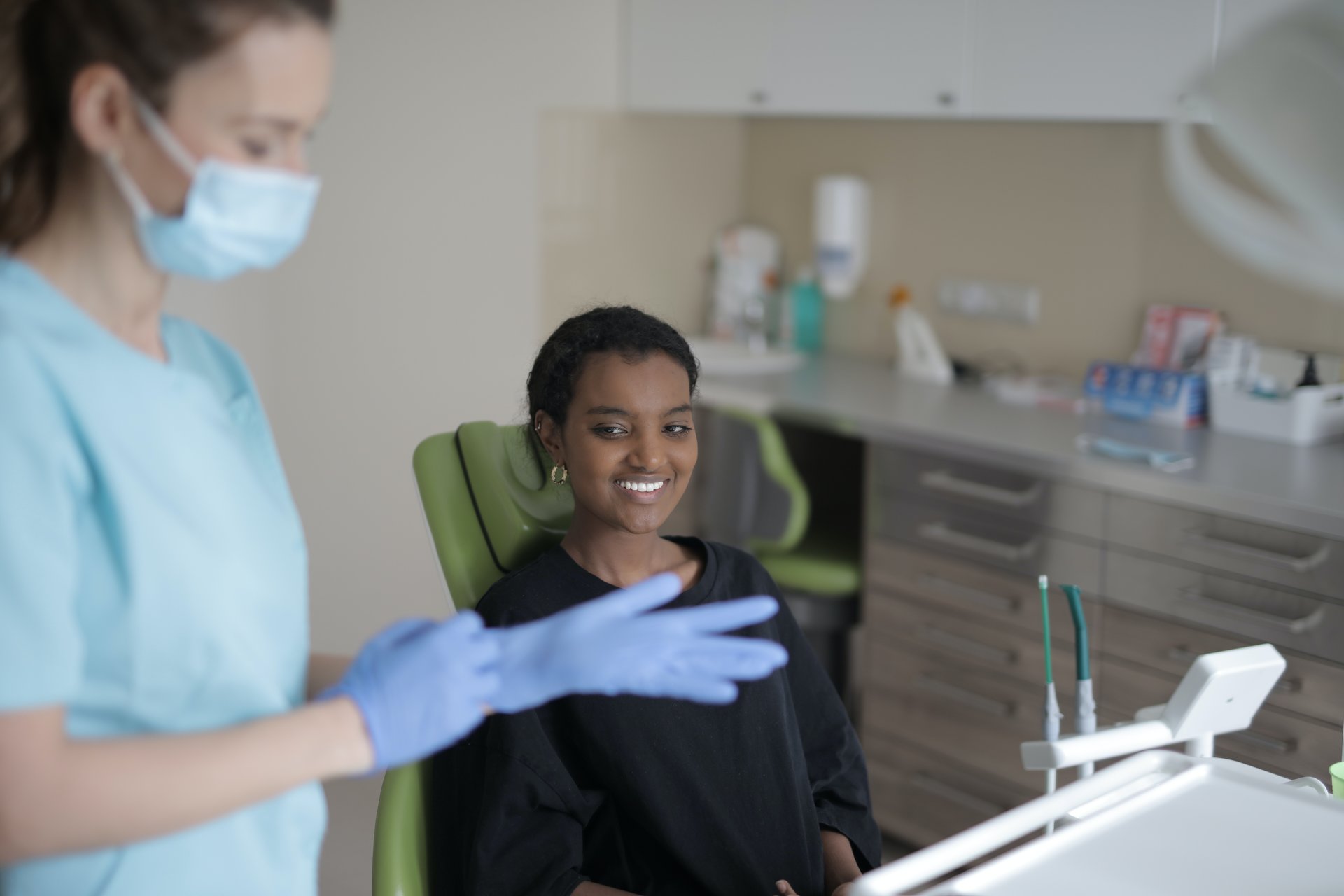Urological problems are common, and these can significantly hinder afflicted women from enjoying even their simplest day-to-day activities. The good news is that these issues are treatable and curable—all that one needs to do is to seek proper care to get started.
In the sections below, you will learn of some of the most common urological issues women have. If you are experiencing any of the symptoms mentioned, make sure to consult a urology doctor in New Jersey to get the medical attention you need right away.
This condition refers to the involuntary leaking of urine that new mothers typically experience. This usually happens after laughing, coughing, sneezing, jumping, or performing any strenuous activity.
If you are experiencing this symptom, there’s no need to be anxious—incontinence after pregnancy is very common.
On that note, you should seek a urologist as soon as possible to address this problem. There are lesser invasive methods to treat this, such as physical and behavioral therapies. Surgical options are also available in case the problem persists or worsens.
Rather than a disease, OAB is a term used to describe a combination of urinary symptoms. The most common of them is the sudden, uncontrolled need to urinate or a frequent urge to do so.
This is often simply a side effect of growing older, although lifestyle factors such as caffeine intake and drinking habits may also contribute to it.
Your urologist may first advise you to modify certain behaviors, such as caffeine and alcohol intake. Other treatment options that may be brought up are physical therapy and medications. Lastly, there are also more invasive options such as Botox injections and an implantable bladder pacemaker.
UTI is an infection in any part of the urinary system, but the most common cases involve the lower urinary tract (the bladder and the urethra).
While this affects both men and women, women are at a greater risk of developing it. Furthermore, it must be addressed immediately as serious complications can occur if the infection reaches the kidneys.
A urologist will first identify lifestyle factors that have possibly contributed to UTI, such as fluid intake or even constipation. In case your infection is due to anatomic problems, your urologist may recommend the use of vaginal estrogen creams. This helps postmenopausal women alter their pH levels and promote healthy bacteria growth.
This happens when a pelvic organ, like the bladder, drops or “prolapses” from its normal place. Usually, this is caused by the weakening of the muscles that hold the organ in place due to childbirth or surgery.
The prolapsing organ pushes itself against the walls of the vagina. As a result, women often see or feel a bulge in the vagina as well as discomfort when sitting. This pelvic pressure can also get worse with standing or coughing.
If you are experiencing this and the sensation is accompanied by pain, your urologist may suggest for you to undergo surgery. However, it is not a condition that is always surgically corrected. Depending on your symptoms, a urologist will come up with ways to ease your condition.
If you are experiencing any of the symptoms above, talking about them may make you uncomfortable. However, you should remember that this is the first step you must take to receive the treatment you need. Furthermore, keep in mind that help is available and your condition is treatable. All you have to do is make the first move and reach out to your healthcare provider.
At UAANJ, we strive to provide only comprehensive and state-of-the-art urological services. If you are looking for expert and reliable urologists in New Jersey to help you manage your condition, get in touch with us today to request an appointment.
All content found on the UUANJ.COM Website, including text, images, audio, or other formats were created for informational purposes only. The content is not intended to be a substitute for professional medical advice, diagnosis, or treatment. Always seek the advice of your physician or other qualified health providers with any questions you may have regarding a medical condition. Never disregard professional medical advice or delay in seeking it because of something you have read on this website. If you think you may have a medical emergency, call your doctor, go to the emergency department, or call 911 immediately.


